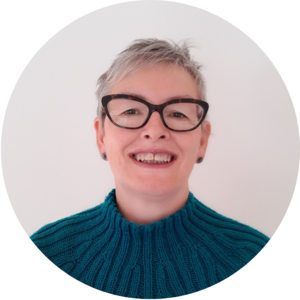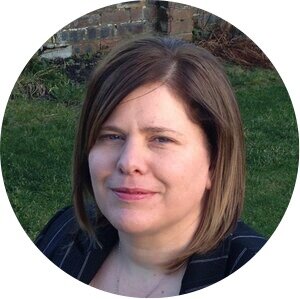The Great Risk Transfer – have we got the balance right?
How many people have the knowledge and time to manage the financial risks they face in life? To what extent does it matter? The David Hume Institute partnered with the Institute and Faculty of Actuaries (IFoA) and the IFoA Scottish Board to explore these questions.
The aim was to find out more about what people in Scotland understand to be the key risks in relation to their long-term financial wellbeing, and what helps and holds them back from addressing them. Our engagement with people in Scotland was designed to build on recent work carried out by the IFoA that has been exploring the ongoing trend of transferring risks from institutions – such as employers, the state and financial services providers – to individuals.
The IFoA calls this the ‘Great Risk Transfer’, describing it as posing one of the most significant yet little understood social, financial and political challenges of our time. The changes described in this work show that far greater responsibility is being placed on individuals to manage their lifelong financial wellbeing than has been the case for most people in Scotland since the establishment of the modern welfare state.
The Great Risk Transfer research highlighted that the causes of this trend are complex. They include increasing life expectancy, technological advances, changes in financial regulation and political choices. The IFoA highlighted four important areas of risk transfer: pensions, work, health and insurance. Our work was designed to find out more about relevant perceptions of risk in the Scottish population and how people respond to risks that can affect their financial wellbeing.
We explored people’s awareness of the Great Risk Transfer and their ability to manage and respond to financial risks. This revealed two interlinked themes that have implications for policymakers and others interested in either mitigating against, or rebalancing responsibility for, the relevant risks.
- Cultural – what people know, how they feel and what they do to manage risk
- Structural – the wider social and economic system.
Our work commenced in December 2021 and concluded as inflation grew to levels not seen since the early 1980s, with rapidly increasing fuel, energy and food prices dominating the headlines. This comes at a time when wages and social security payments have generally not kept pace with inflation, leading to widespread acknowledgement of a significant rise in the cost of living.
Not surprisingly, many of the people we spoke to were focused on immediate financial challenges. These included high housing costs, insecure tenancies and jobs, low incomes and debt, and, for some retired people, the challenge of living on a fixed income. This report is structured around four key areas that emerged strongly in our research:
- Knowledge and awareness of risks to financial wellbeing
- Trust in information providers
- Stress, fear, stigma and embarrassment
- Ability to access and understand guidance and information.
We invite you to read our report and to attend our Sessional Research meeting on 23 January.
Speakers:
Shelagh Young, Engagement Lead, David Hume Institute
Shelagh is an experienced leader, writer and facilitator in the not-for-profit and co-operative sector. Her focus at the David Hume Institute is on ensuring our work is informed by the widest possible range of people. Moving from journalism to in-house communications work, she joined Oxfam GB before moving to Scotland to focus on leadership development with disabled people and their families. She was Chair of the UK's only co-operative telecoms provider The Phone Co-op and a founder director of the sustainable food and farming organisation Nourish Scotland.
Susan Murray, Director, David Hume Institute
Susan joined the Institute as Director in November 2019. She is committed to diversity of thought and was a founding Trustee of the ICAS Foundation, which aims to increase the diversity of young people entering the finance profession. Susan has studied at the University of Edinburgh, Goldsmiths College, University of London, Aberdeen Business School and is a Clore Social Leadership Fellow. She is a member of the Institute of Directors and Changing the Chemistry.
Chair: Nicholas Chadha, Pan Trustees LLP
Event organiser
Contact Events Team for more information.
eventmanagement@actuaries.org.uk
0207 632 1498
Location
Address
Royal College of Physicians of Edinburgh
11 Queen St, Edinburgh EH2 1JQ
